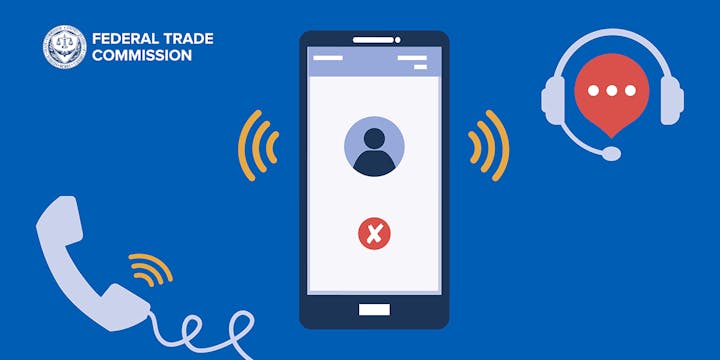Beware of Scams

Scammers use deceptive tactics to trick individuals into providing personal information or money. Protect yourself by recognizing common scams and knowing how to respond.
Common Scams:
- Impersonation Scams: Scammers pose as government officials, law enforcement, or debt collectors, demanding immediate payment through gift cards, wire transfers, or cryptocurrency.
- Online Purchase Scams: Fraudulent sellers offer items like vehicles or pets that don’t exist, asking for payment upfront.
- Prize or Lottery Scams: Victims are told they’ve won a prize but must pay fees or taxes to claim it.
- Employment Scams: Fake job offers require purchasing equipment or training materials with a promise of reimbursement.
Recognizing and Avoiding Scams:
- Email Scams (Phishing): Be cautious of unsolicited emails requesting personal information or containing unfamiliar links or attachments.
- Text Message Scams (Smishing): Ignore unexpected texts asking for personal details or containing suspicious links.
- Online Scams: Avoid granting remote access to unknown tech support callers or responding to pop-ups claiming security issues.
- Phone Scams: Be wary of callers using high-pressure tactics or threats demanding immediate payment, especially through unconventional methods.
Reporting Scams:
- If Money Was Lost: Report the incident to local authorities.
- If No Money Was Lost: While not required, reporting scams can help warn others and prevent future fraud.
Staying informed and cautious is the best defense against scams. Never provide personal information or payments to unsolicited requests. If in doubt, verify with official sources.

